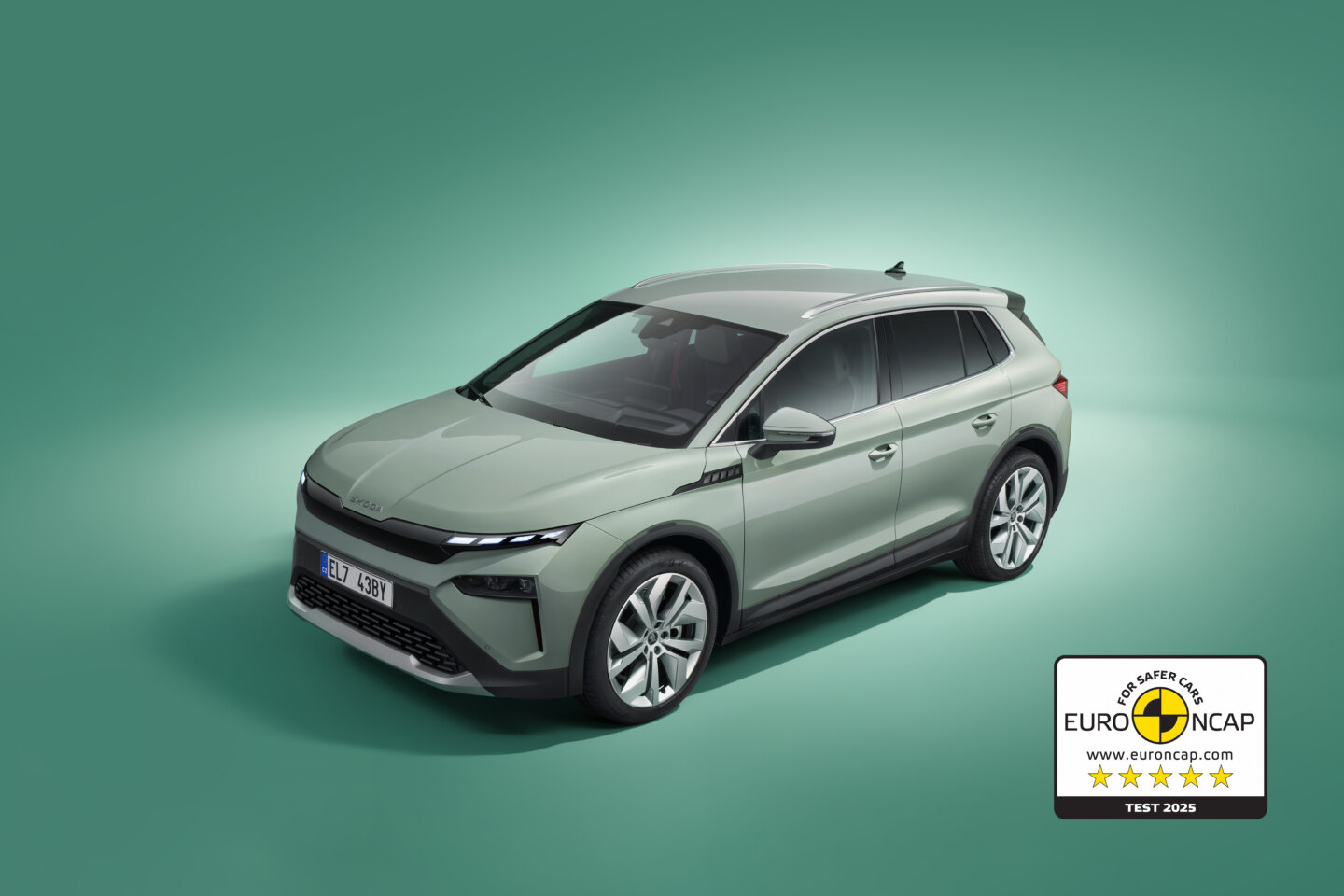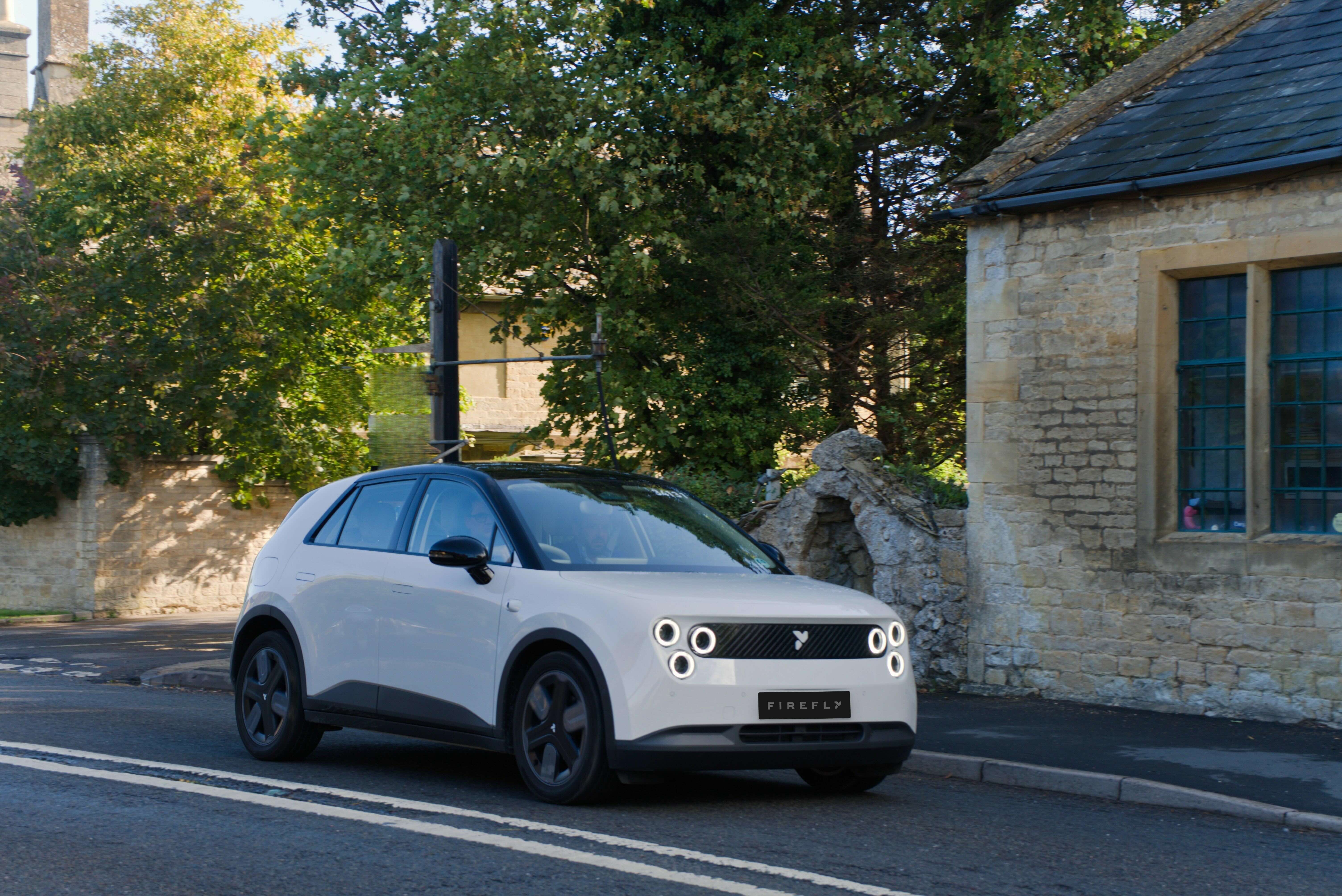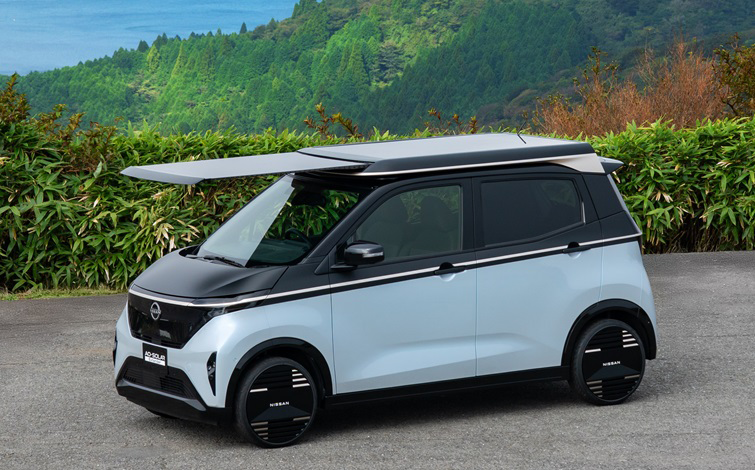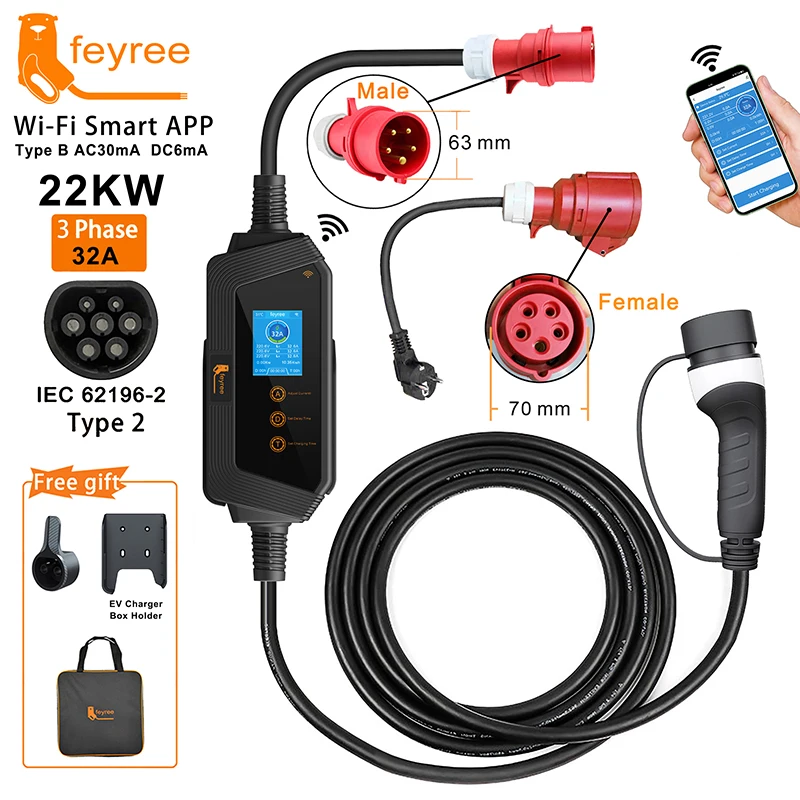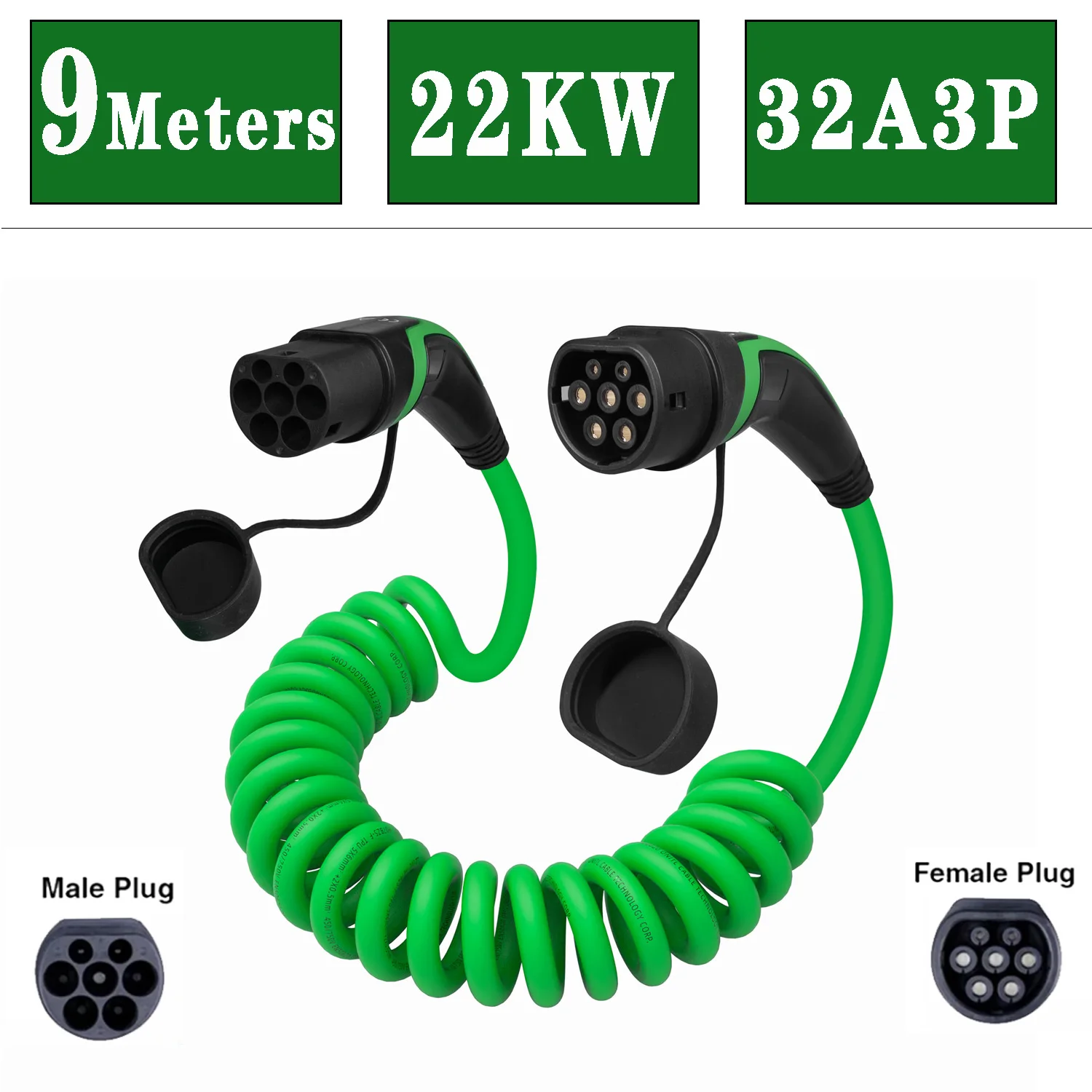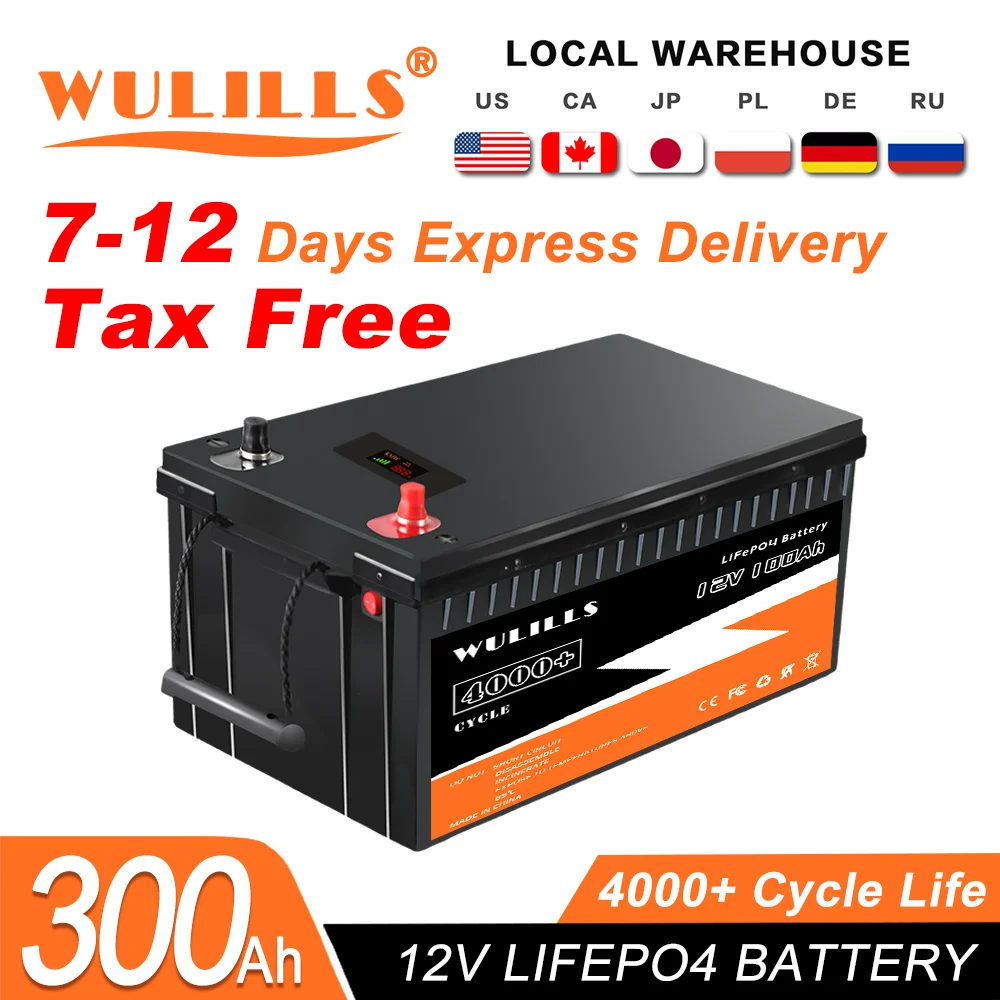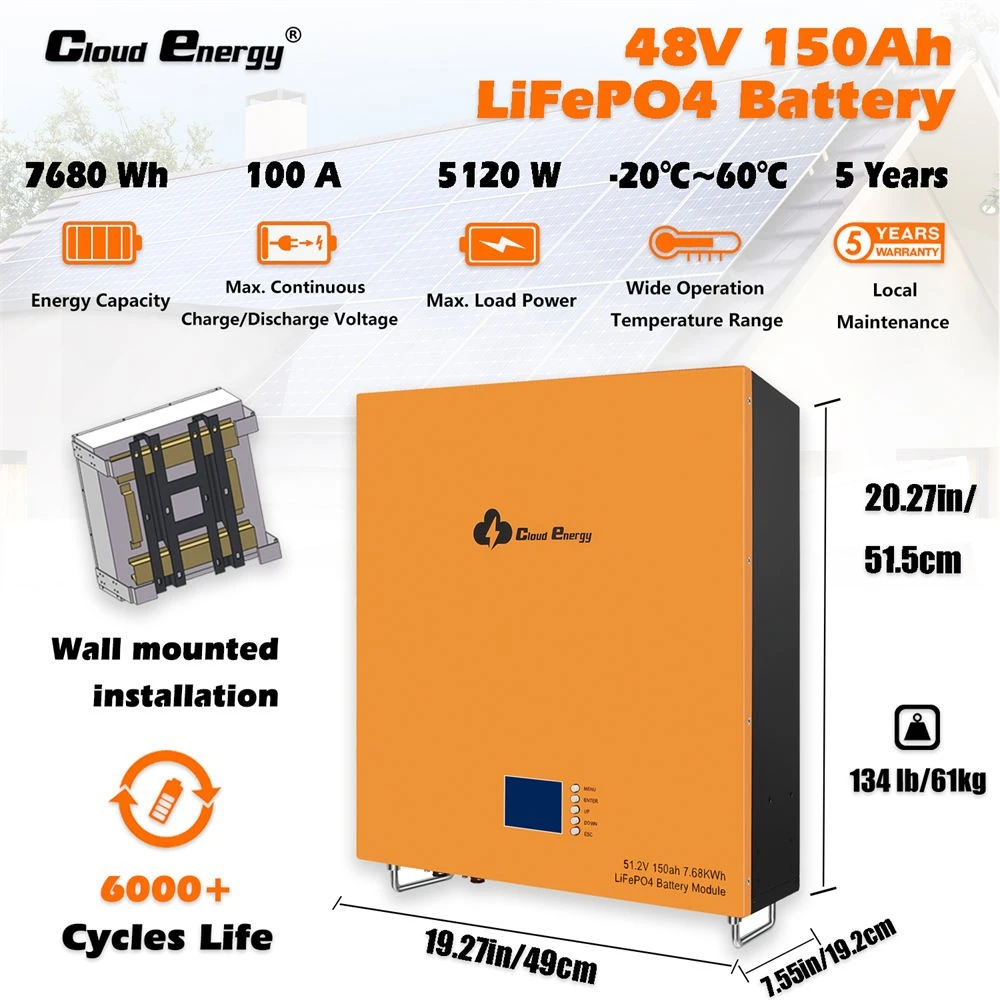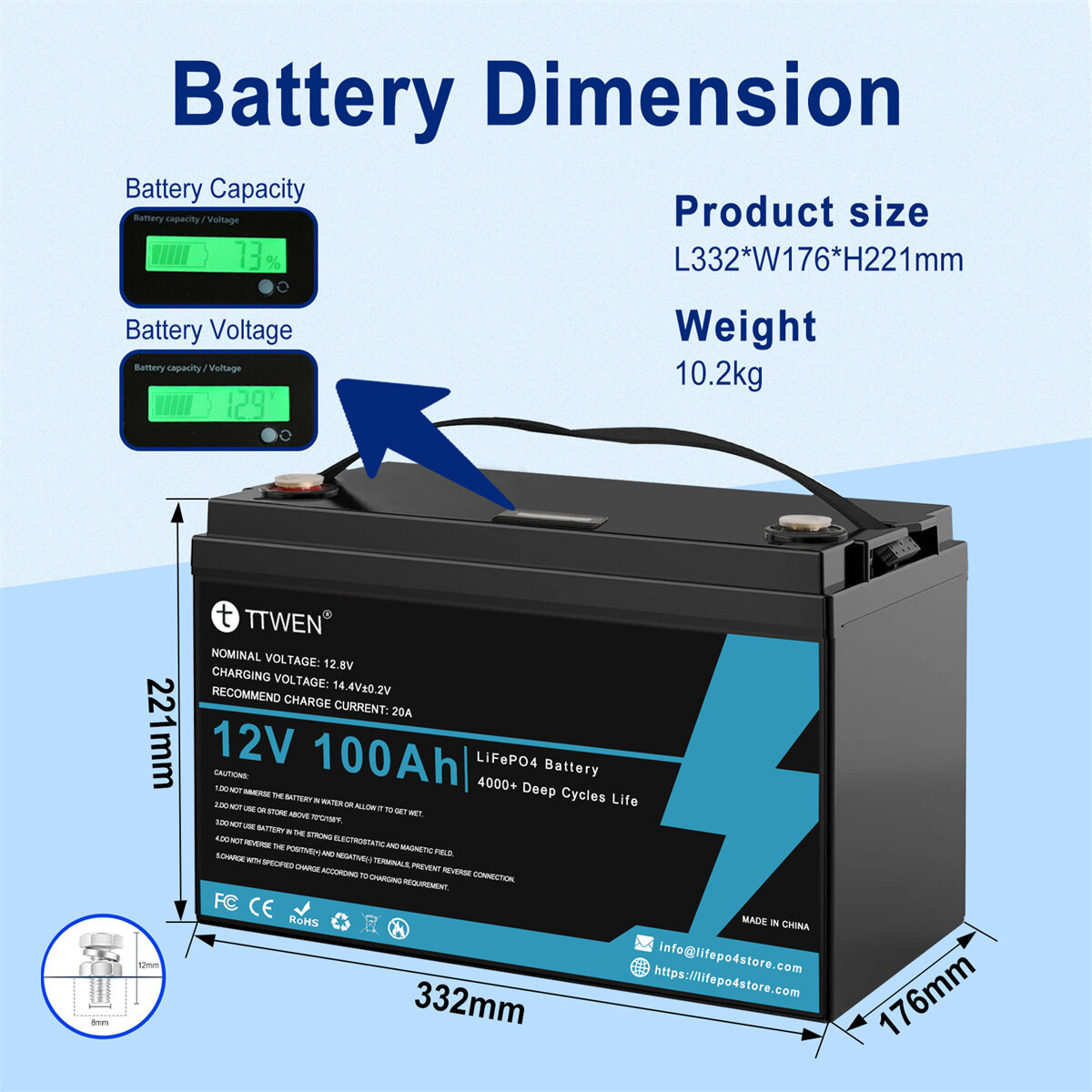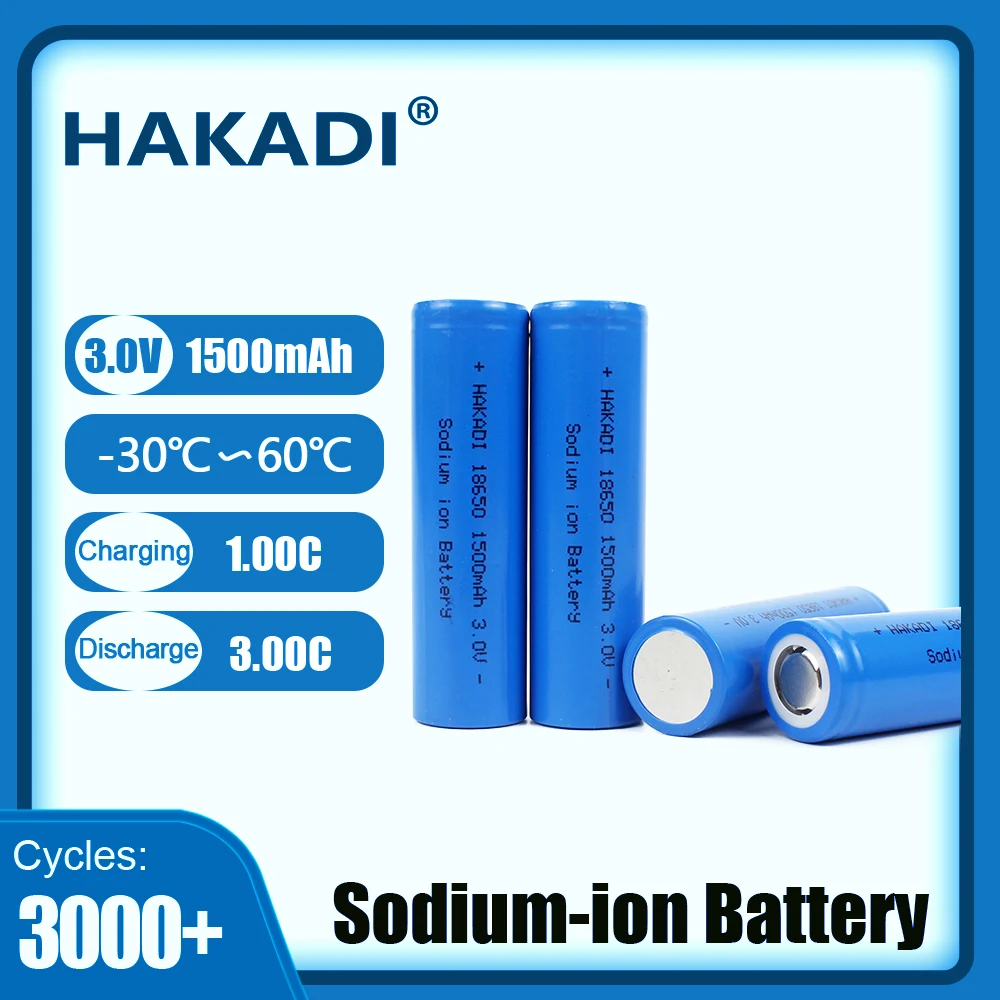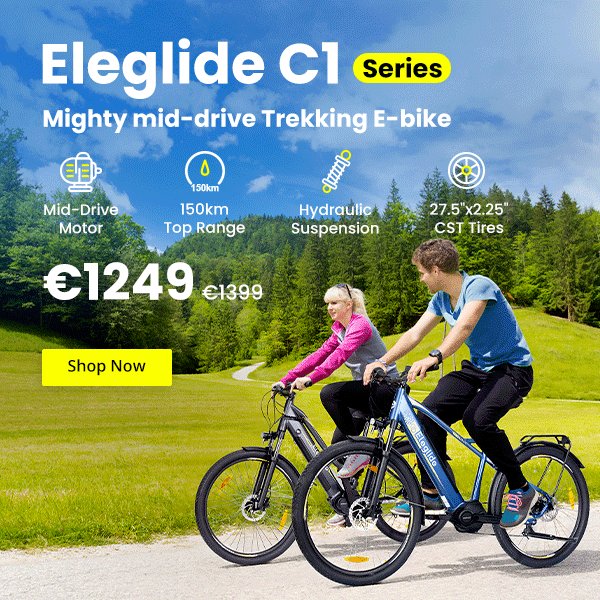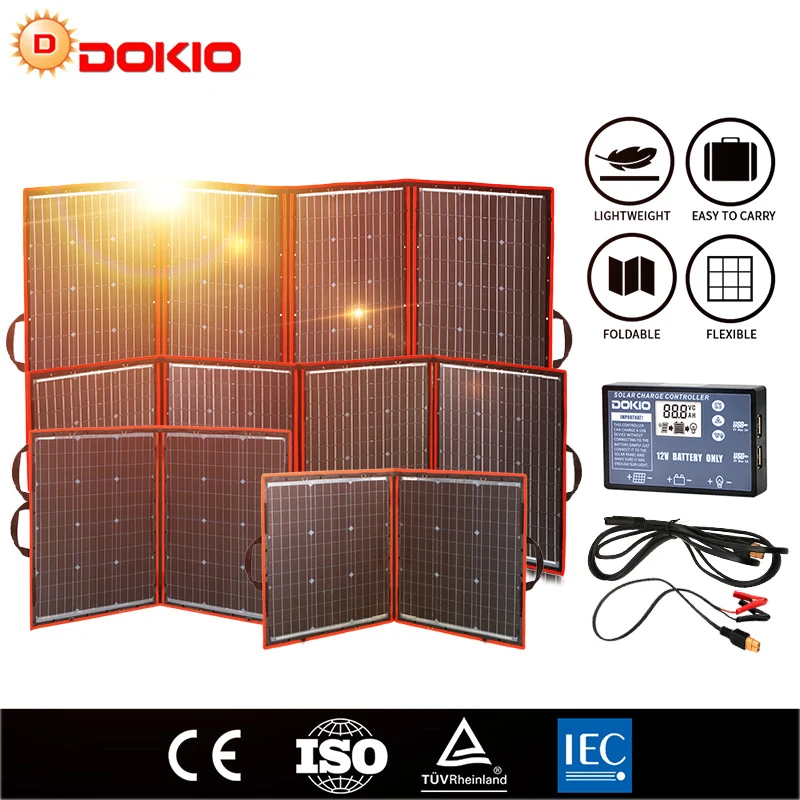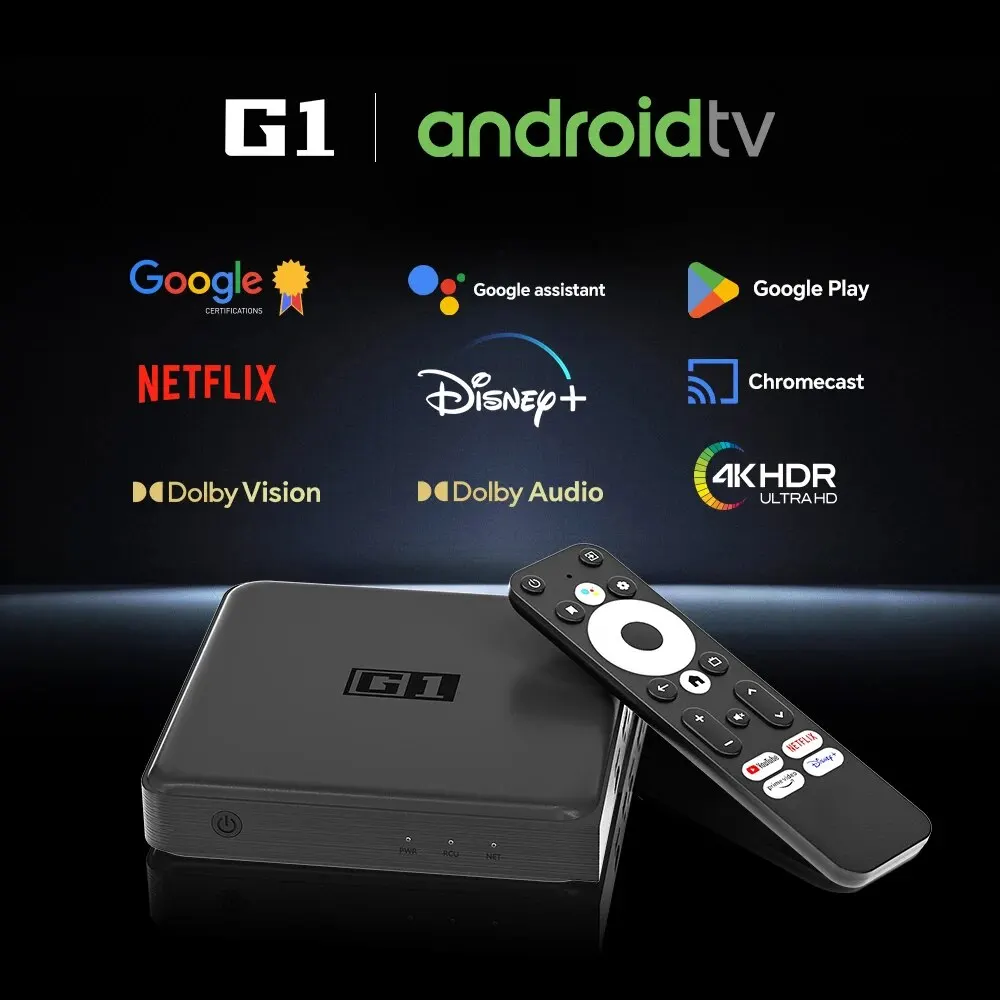Right now CATL is Tesla’s sole supplier of LFP (LiFePO4) battery cells, but BYD seems to be the next on the list.
According to Chinese media, Tesla has secured an initial order of 10 GWh worth of LFP battery cells from BYD, to power the Model 3 and Y in their standard range versions.
10 GWh is enough to assemble more than 181.000 battery packs for the Tesla Model 3 with 55 kWh each, or more than 166.000 for the Model Y with 60 kWh each.
Currently, the LFP battery packs of Tesla made with CATL’s battery cells only reach an energy density of 126 Wh/kg, but BYD’s Blade battery packs are more energy dense and have already reached 150 Wh/kg.
People that worry about LFP’s poor performance on low temperatures, actually have nothing to worry about. Thanks to a powerful and efficient TMS (Thermal Management System), LFP battery packs can perform extremely well even at an ambient temperature of -20 ºC.
For instance, we reported a self-heating lithium ion battery structure with an embedded nickel foil as an internal heater, which achieves a heating speed greater than 1 °C per second, meaning that, even in the extreme cold of −30 °C, it takes only 90 s for the battery to warm up to 60 °C before operation (driving).
Thermally modulated lithium iron phosphate batteries for mass-market electric vehicles
Therefore, if you live in a very cold place you could use your smartphone to quickly pre-heat your electric car and its battery before leaving home.
Not only the cobalt-free BYD Blade battery packs have good energy density, performance, safety and longevity, they currently also have the lowest kWh price, estimated at 55 euros (64 USD).
Anyway, you probably already know what I think about BYD’s cobalt-free Blade battery. In my opinion it’s the best EV battery pack available right now by far, so, if this rumor is soon confirmed to be true, it’s great news for Tesla and EVs in general.
However, I do expect that even better alternatives to BYD Blade battery begin to appear in the coming months from CATL, SVOLT and Guoxuan. Long prismatic LFP battery cells combined with silicon or graphene dominant anodes - for extremely fast charging - will be the next biggest thing for electric vehicles.
In a year or two, the best electric cars will take less than 10 minutes to charge 80 % of their batteries at fast charging stations. With such fast charging speed, future EVs won’t need to keep increasing their battery capacities to become great alternatives to ICE (Internal Combustion Engine) vehicles.
A cheap 60 kWh cobalt-free battery that charges in less than 10 minutes will be more than enough for most family electric cars that will have efficient 800-volt systems. For smaller electric cars, 40 kWh will probably be enough to make them competitive against their current gas-counterparts.
What do you think?
More info:
https://cnevpost.com/2021/10/21/byd-reportedly-has-secured-10-gwh-of-lfp-battery-orders-from-tesla/
https://www.cls.cn/detail/856654
https://sci-hub.se/https://www.nature.com/articles/s41560-020-00757-7

